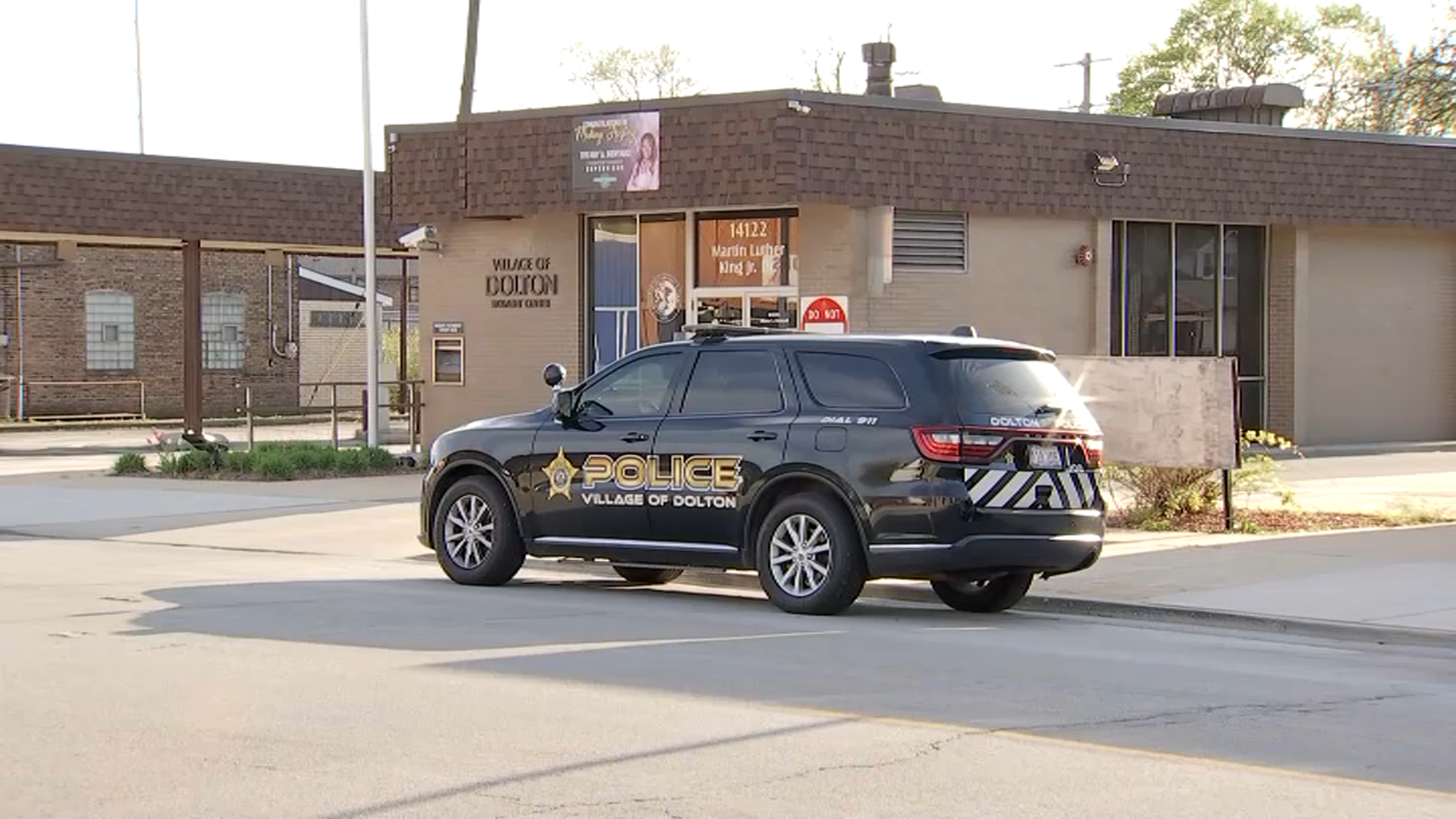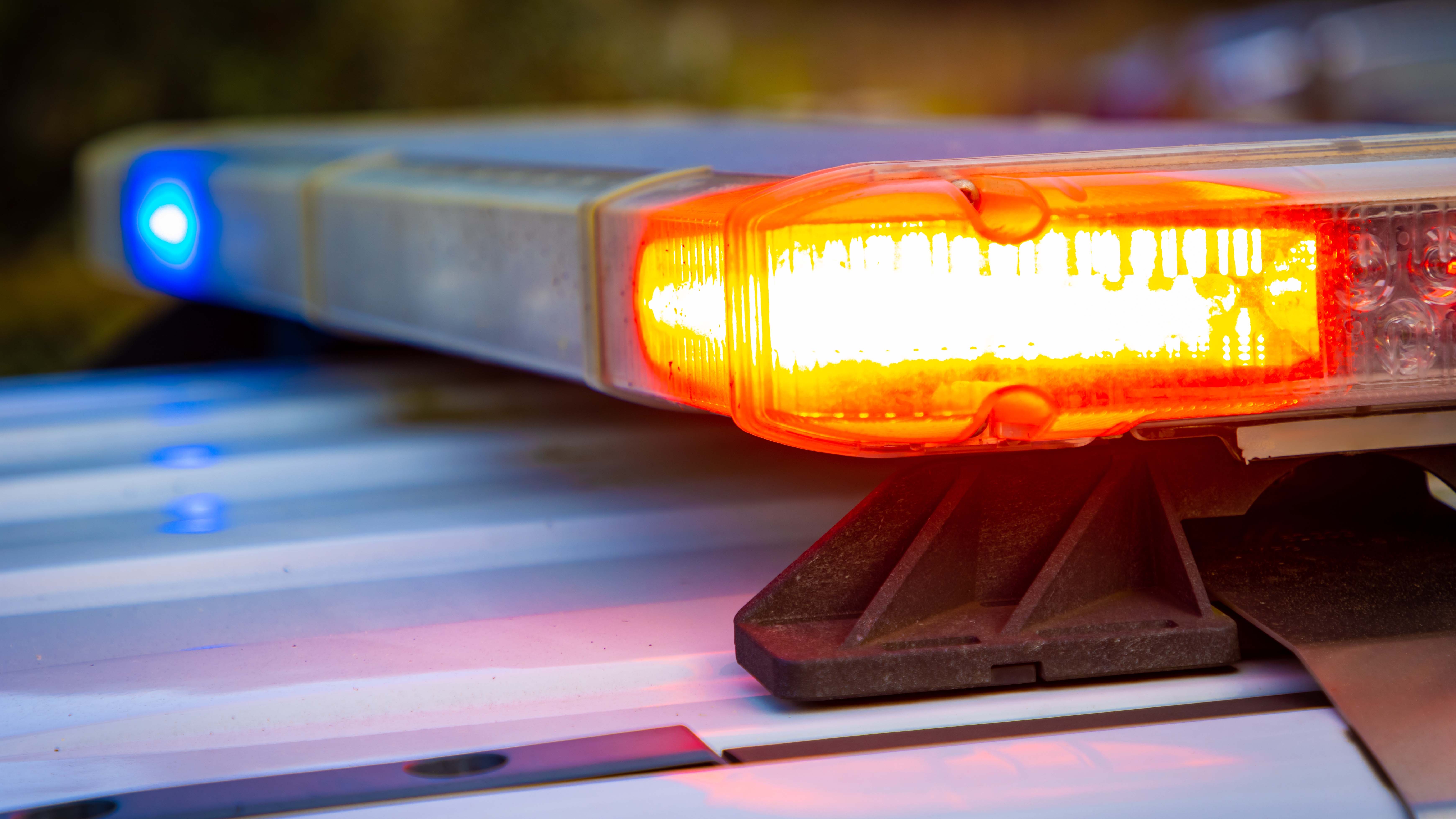With Chicago rolling back some of its reopening progress to help keep cases from rising further, Illinois Gov. J.B. Pritzker said the state stands behind leaders "taking actions to keep their communities safe."
Indoor service at bars in the city will be forced to shut down and other restrictions will be heightened once again amid an increase in average daily cases, Chicago officials announced Monday.
Pritzker has not yet said if the state will follow the city's lead, though last week, state health officials released guidance on a region-by-region "mitigation" plan for areas that do see spikes.
"I want to commend local leaders taking actions to keep their communities safe and the state stands behind these municipalities in their efforts," Illinois Gov. J.B. Pritzker said Monday just moments after Chicago's announcement. "Our city and county leaders with case numbers and hospitalizations rising and localized information about outbreaks readily available should do what they know is right to protect their residents."
The state's plan featured a three-tiered approach to reinstating certain restrictions, but Chicago had already announced its own plans for quelling a potential rise.
While coronavirus metrics are stable for the majority of Illinois' 102 counties, as of Friday night, four counties were seeing increased risks of the virus, according to publicly available data from the Illinois Department of Public Health. Based on data from July 5-11, Clark, Monroe, St. Clair and Union counties weren't meeting required metrics.
Chicago's top public health official had warned that roll backs were possible if the city reached an average daily case rate above 200.
Local
The city topped 200 daily cases on Friday and as of Monday, that average sat at 233. The positivity rate as of Monday morning sat at 5.1%, according to the city's health department.
According to Dr. Allison Arwady, commissioner of the Chicago Department of Public Health, the number is the "best reflection of the burden of our disease."
"This, if I had one number, is the number that I follow," she said, noting that "we've come a long way" as the Chicago was average about 1,000 cases per day in early May.
A daily average above 200 puts Chicago in a "caution state."
“We have made so much progress here in Chicago in containing the spread of the virus, protecting our health system and saving lives, and in general, the virus remains under control locally. But we are again seeing a steady increase in new cases,” Chicago Mayor Lori Lightfoot said in a statement. “While we aren’t near the peak of the pandemic from earlier this year, none of us wants to go back there, and we feel these restrictions will help limit further community spread.”
The larger concern comes if the city reaches an average of 400 new cases per day, which could mark a return to phase three, Arwady said.
"If we get to a point where we are up to 400 cases per day, that's the equivalent of where the states are that we are requiring quarantine for our visitors," Arwady said. "It's the equivalent of needing to go back to a phase three, really pulling back on major activities."
Here's a look at the Chicago restrictions, which take effect at 12:01 a.m. Friday:
- Bars, taverns, breweries and other establishments that serve alcohol for on-site consumption without a Retail Food license will no longer be able to serve customers indoors.
- Restaurants that serve alcohol will be allowed to continue to operate as long as they abide by ongoing COVID-19 guidance and existing regulations.
- Establishments without food may still provide outdoor service as they did under phase three.
- Maximum party size and table occupancy at restaurants, bars, taverns and breweries will be reduced to six people.
- Indoor fitness class size will be reduced to a maximum of 10 people.
- Personal services requiring the removal of face coverings will no longer be permitted (shaves, facials, etc.).
- Residential property managers will be asked to limit guest entry to five per unit to avoid indoor gatherings and parties.
Lightfoot has repeatedly said in recent days that she will not hesitate to reimpose some of the restrictions put in place in the earlier months of the pandemic should coronavirus cases and metrics continue to rise.
"Some of you have joked that I'm like the mom who will turn the car around when you're acting up. No friends, it's actually worse," Lightfoot said. "I won't just turn the car around. I'm gonna shut it off, kick you out and I'm gonna make you walk home. That's who I am. That's who I must be for you and everyone else in this city to make sure that we continue to be safe."
"I don't want to be that person if I don't have to - but I will if you make me," she continued.
Both Lightfoot and Arwady repeated concerns that those between the ages of 18 and 29 years old are marking the biggest rise in infections.
They issued a warning to young people in particular to continue following public health guidance: avoid large gatherings and wear a face mask at all times when outside the home.
"We've got to continue to do the right things. If you are a business, we're not afraid to shut you down and we've proven that. So please step up and do the right thing. Follow the guidance that you know is in place to keep your workers, to keep your customers and to keep you safe," Lightfoot said, noting that she did not want Chicago to see a spike in cases like some states in the South and West regions of the U.S. have been in recent weeks.
"I certainly don't want to be like other places of the country where we're shutting down commerce and businesses again," Lightfoot said.
Most industries were shut down nearly entirely beginning in mid-March as cases began to climb in Illinois. Restrictions have been gradually lifted in a phased reopening framework, with Chicago entering phase four on June 26, allowing indoor service in a limited capacity at bars and restaurants, among other changes.



